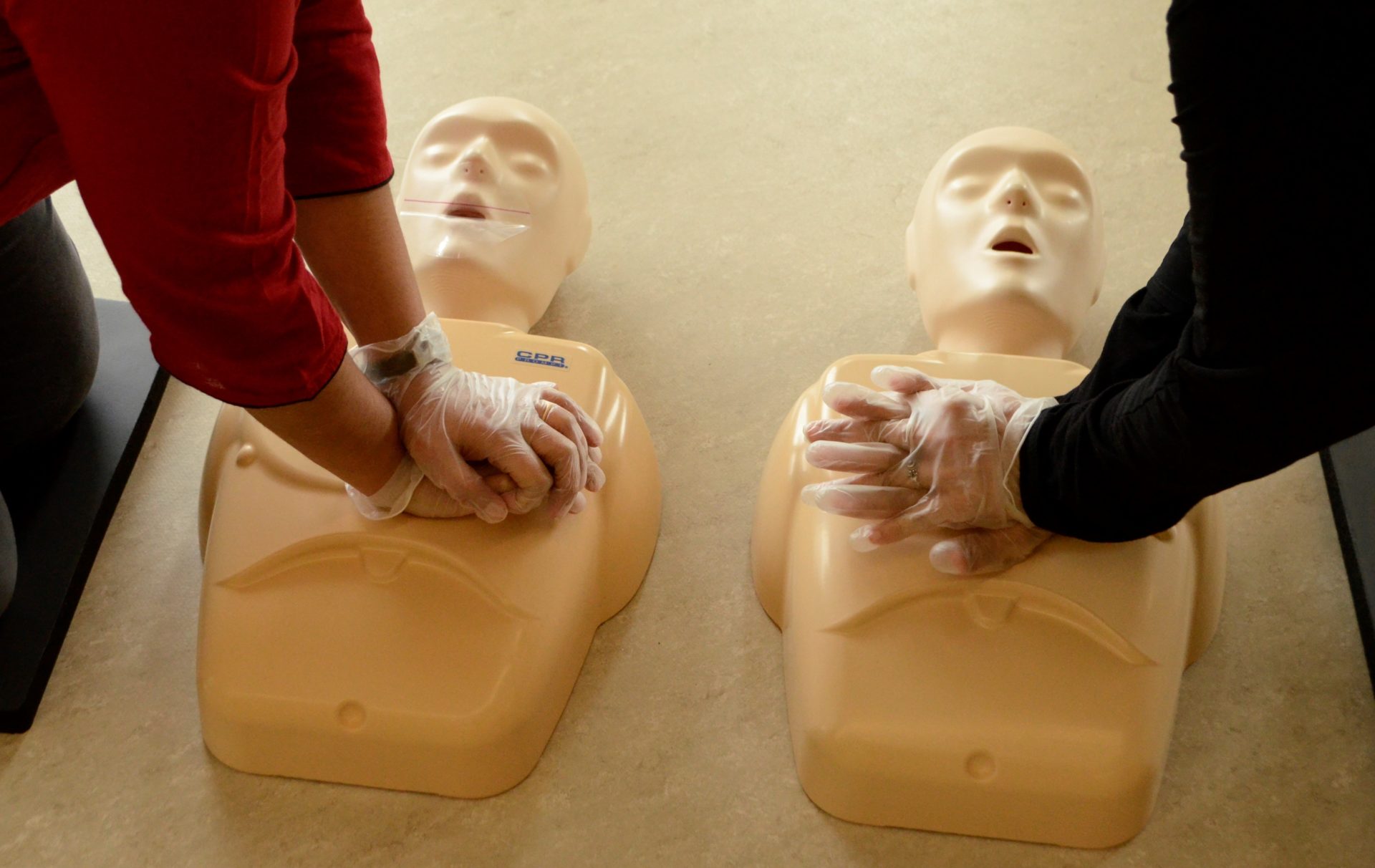ECG Mastery Workshops
ECG interpretation is a significant skill required in a range of healthcare emergencies. At the time of crises, quick and close interpretation of an ECG pattern is necessary to figure out heart rhythm abnormalities.
As a result, it is a core and complex competency for a physician, nurse, and other medical professionals. However, according to the recent survey, many undergraduates don’t receive training for ECG interpretation.
An ECG interpretation course provides high-level understanding and skills to candidates for ECG interpretation. It allows undergraduates to identify abnormalities in reports. The course helps applicants understand the ECG waveform, interpret cardiac rhythms, and identify abnormal ECG patterns.
After completing the Basic ECG Certificate, you’ll be able to:
- Master the ECG at a basic level
- Follow a case discussion with your colleagues
- Recognize many common and dangerous diseases
- Start using the ECG in your daily clinical practice
- Learn to pick up abnormalities in ECG interpretation
After completing this Basic ECG Certificate, you will be able to
An ECG interpretation course enhances your skills, knowledge, and confidence to evaluate ECG patterns. After the ECG course, you would,
- Understand normal cardiac physiology, anatomy, and blood flow
- Calculate and find out heart rate
- Give a detailed account of conduction system of heart
- Classify normal and abnormal rhythm and components on ECG i.e. Assessment of rhythm
- Observe abnormal waveforms., measure intervals and segments and evaluate other relevant waves
- Analyze the ECG in Coronary Heart Diseases and Cardiac Arrhythmias.
» Find out more about the Basic ECG Certificate
After completing the Advanced ECG Certificate, you’ll be able to:
- Master the ECG at an advanced level
- Lead a case discussion
- Diagnose over 95 % of dangerous and common pathologies
- Recognize the most important rare pathologies
After completing this Advanced ECG Certificate, you will be able to
- Recognize what rhythms are life-threatening and what rhythms are not.
- Recognize the various causes of bradycardia.
- Differentiate between broad- and narrow complex tachycardias.
- Identify high degree AV block and different forms of blocks.
- Identify normal and abnormal pacemaker functions.
» Find out more about the Advanced ECG Certificate
Once you are in the ECG Master Certificate, you’ll learn to:
- Teach others
- Diagnose even the most challenging cases
» Find out more about the ECG Master Certificate
Right from the beginning, you can decide where you want to start and where you want to go. If you are a complete newbie, you’ll want to start with the Basic ECG Course
. If you already have some prior knowledge of the ECG, you might want to jump right into the Advanced ECG Course. It’s totally up to you.

